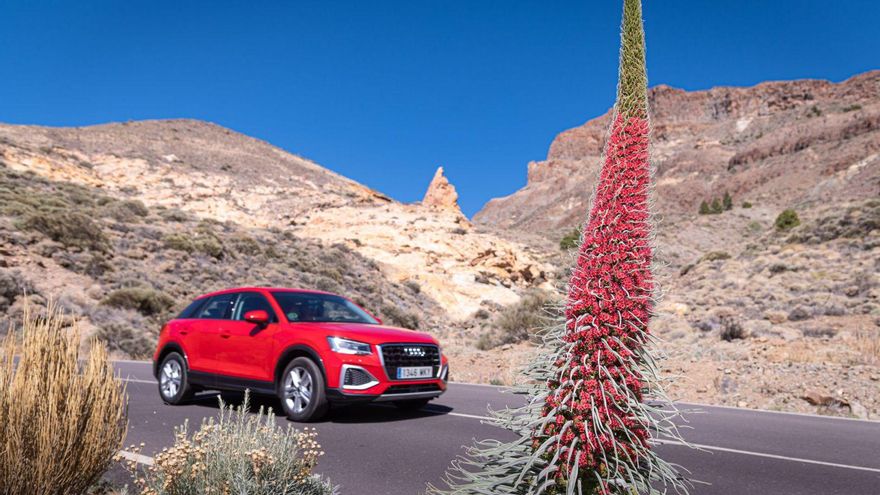
“A tourist tax cannot and should not be improvised but linked to a global policy to truly be a useful tool.” This is affirmed by Raúl Hernández Martín, a professor of Applied Economics and director of the CajaCanarias-Ashotel Tourism Chair at the University of La Laguna (ULL). The expert’s opinion from a scientific standpoint favours the levy and also supports services in protected natural parks, but with certain essential conditions to make the resource effective. He suggests exemptions for groups such as children or the elderly.
“Regarding both the tourist levy and charging for access to natural spaces, the first step is to avoid making decisions in an improvised manner and, above all, in a partial or uncoordinated way,” summarises the professor. He adds that “these types of tools work well if they are part of a global strategy for destination sustainability and are accompanied by other factors.” He emphasises that “these instruments, both the tourist tax on overnight stays and charging in natural spaces, individually do not provide global solutions to the problem recently raised that sparked the 20A protests.”
He appreciates that “the so-called tourist levy is applied in many destinations,” although “we can also refer to it as a lodging tax.” He highlights that “it would be important to design it well and not rush into it.” Hernández believes that “if it were decided to implement it, it should include the modulation of rates based on circumstances, categories, or the type of group.” For instance, he suggests, “in other regions it is suggested that minors or the elderly of a certain age do not pay, or that it is only paid for a maximum number of days to not limit long-term tourism.” Above all, he thinks that “it is important to understand that a levy, a tourist tax on overnight stays, also does not solve much.” He acknowledges that “it would generate funding for environmental issues and sustainability in general, but on its own, it will not restrict the influx of visitors to natural spaces.”
Consensus on Charging
[–>
Regarding charging for access to natural spaces, Hernández Martín believes that “there seems to be a certain consensus to implement it, particularly in Tenerife.” He notes that “these tools need, as mentioned earlier, a comprehensive strategy because it is not simply about collecting fees.”
In the case of specific spaces such as the Rural Park of Anaga or the Teide, “issues related to mobility or parking need to be resolved before or simultaneously with the implementation of the levy.” Similarly, he adds, “if fees are charged at the entrance to these spaces, the visitor services will need significant improvement.” He mentions this because “currently, they offer very few services to visitors.”
He uses the example of the Teide National Park where “visitors enjoy their journey mainly by car, but this visit does not provide much information or education to the tourists in general.”
The professor emphasises that “if any type of levy is applied, it is crucial that it is done intelligently to avoid inconveniencing visitors when it comes to control or payment”. In other words, he explains, “it should be done through mobile applications and tools that enhance the tourist experience.”
According to Raúl Hernández, “We have a National Park with very poor management, where there are hardly any services for visitors. We need one where there is much more information, much more education, and many more activities to engage in”. All of this, he believes, “will have to be coordinated with the management and use plan, which is not easy”.
The expert recalls “the recent experience in Venice, where they have started charging for access to the city centre, St. Mark’s Square, and the like, without resolving the congestion issues”.
[–>
Raúl Hernández reflects, “I would request some thought on the implementation of these tools because they need to be carefully considered, options need to mature, and they should be integrated into a comprehensive sustainability policy.” And he concludes, “These should not be tools that are put into practice in a populist or improvised manner in response to public protests regarding tourism congestion and sustainability.”















